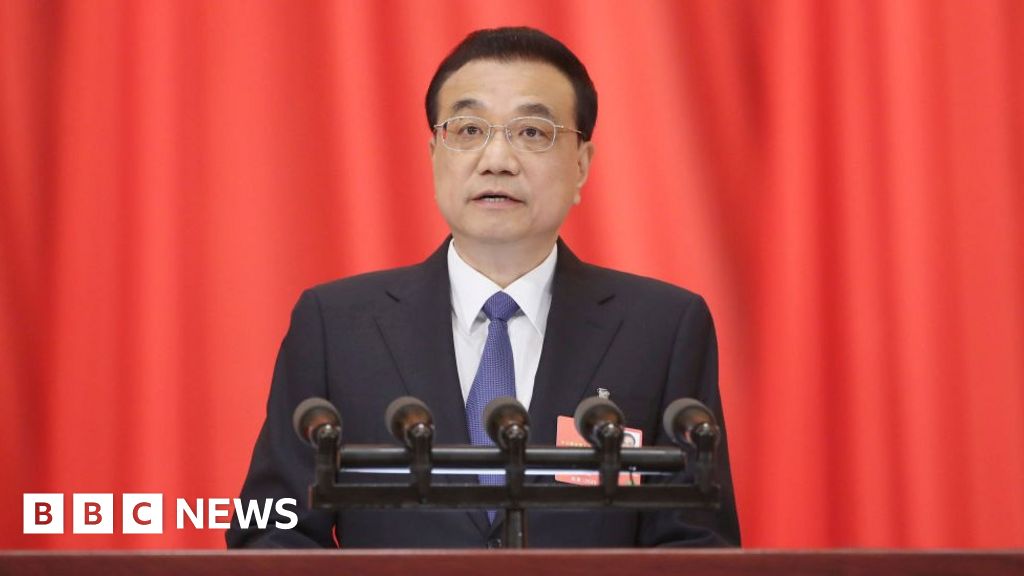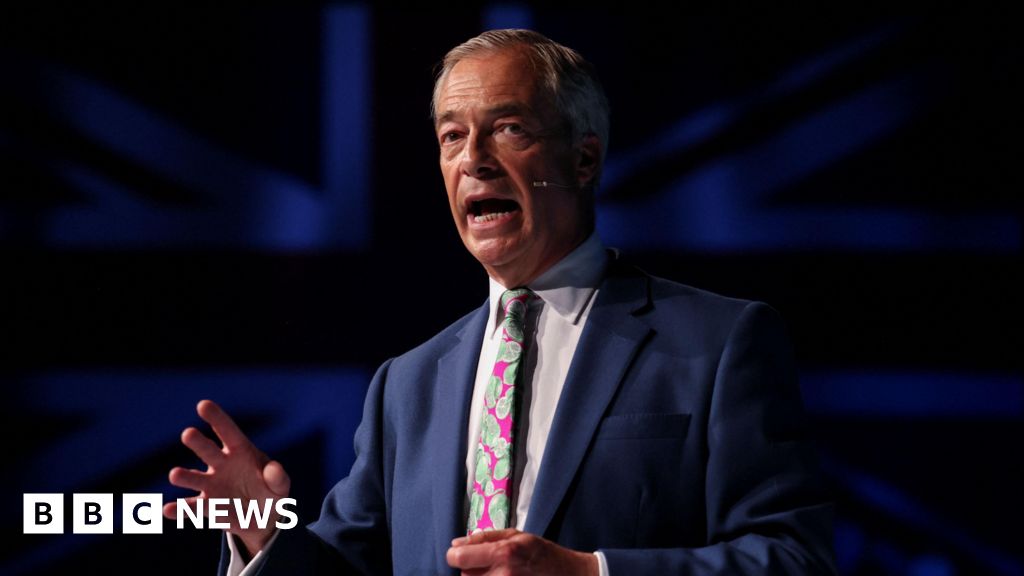- By Yvette Tan & Stephen McDonell
- in Singapore and Beijing
Image source, Getty Images
Li rose through the party ranks despite not having any power base
Former Chinese premier Li Keqiang has died of a heart attack aged 68.
State media said he had been “resting” in Shanghai when he suffered a sudden heart attack on Thursday.
He passed away 10 minutes past midnight on Friday despite “all-out efforts” to revive him, state broadcaster CCTV said.
Once tipped as the country’s future leader, Li was sidelined by President Xi Jinping who, in recent years, has tightened his grip on power.
In his final term as premier, which ended earlier this year, Li became the only incumbent top official who didn’t belong to Mr Xi’s loyalists group.
Li – the second most powerful man in the ruling Chinese Communist Party until he retired last year – was known as one of the smartest political figures of his generation, being accepted into the prestigious Peking University Law School soon after the universities were reopened following Mao’s disastrous Cultural Revolution.
Li’s death is being widely mourned on Chinese social media, with many expressing their shock.
“This is too sudden, he was so young,” said one user on Chinese social media site Weibo. Another said his death was like losing “a pillar of our home”.
The man who ‘told it as it is’
Mr Li came from a modest family and was the son of a local official. He was born in July 1955 in Dingyuan County in eastern China’s Anhui province.
He rose among the ranks, becoming the youngest provincial governor in China and later earning a spot in the top echelon of the party’s central leadership, the Politburo Standing Committee.
At one point there was speculation that he would be groomed to succeed former leader Hu Jintao.
He was widely considered to be Mr Hu’s protégé. He was the last appointee of the Hu administration to remain on the Politburo Standing Committee before he stepped down in March this year. The Hu years were seen as a time of opening up to the outside world and increased tolerance of new ideas.
Image source, Getty Images
Now President Xi (L) and Li (R) in 2007 under the Hu administration
Li was known for being pragmatic in economic policies, with a focus on reducing the wealth gap and providing affordable housing.
“He was a very enthusiastic open man who really strove to get China ahead and facilitated open dialogue with people from all walks of life,” Bert Hofman, a professor at the National University of Singapore told the BBC’s Newsday programme.
In a Party dominated by engineers, he was an economist, who become known for “telling it like it is” by publicly acknowledging China’s economic problems as a means of finding solutions.
His economic policy of structural reform and debt reduction, termed “Likonomics”, aimed to reduce China’s dependency on debt-fuelled growth and steer the economy towards self-sustainability.
But by 2016, articles in the party’s mouthpiece People’s Daily had dropped “Likonomics” in favour of Mr Xi’s economic thoughts, which emphasised micro-economic reforms and advocated supply-side changes.
The end of his time in office was mired in China’s zero-Covid crisis.
During the worst of it, he said the economy was under massive pressure and called on officials to be mindful of not letting restrictions smash growth. He even appeared unmasked in public before China lifted its zero-Covid policy.
But, when cadres had to choose between his order to protect the economy and Mr Xi’s to maintain zero-Covid with extreme discipline, it was no contest.

Emily Foster is a globe-trotting journalist based in the UK. Her articles offer readers a global perspective on international events, exploring complex geopolitical issues and providing a nuanced view of the world’s most pressing challenges.







